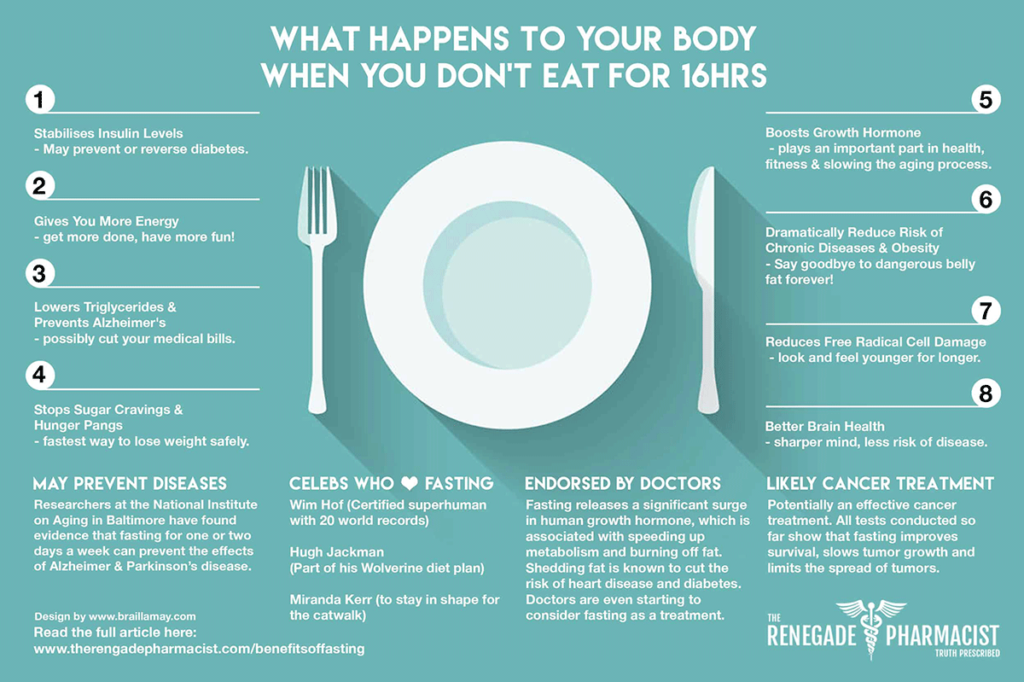Studies have established the numerous health advantages associated with intermittent fasting, including reduced risks for heart disease and diabetes. Recently, however, researchers discovered that those who practice regular fasting are at a reduced risk for experiencing serious COVID-19 complications.
Researchers discovered that individuals living with COVID-19 who regularly engaged in intermittent fasting had a significantly decreased risk of death or hospitalization as a result of the virus compared with individuals who didn’t utilize this practice.
Intermittent fasting has already been proven effective at reducing inflammation and improving cardiovascular health, but this study’s results also demonstrate its benefits in terms of fighting COVID-19 infection in individuals who have been intermittently fasting for an extended period.
Study participants included 205 COVID-19 positive individuals; of these individuals, 73 reported regularly fasting at least once every month – those who did so showed reduced rates of death or hospitalization as a result of coronavirus infection.
Intermittent fasting was not linked with whether or not an individual tested COVID-19 positive, but was associated with reduced severity once they had tested positive.
Study participants reported regularly fasting for over 40 years on average. Due to religious restrictions on many patients’ fasting schedules, researchers were given the unique opportunity to closely examine these long-term intermittent fasters.
Though more research needs to be conducted to understand how intermittent fasting may improve COVID-19 outcomes, researchers hypothesize it may be because fasting has different impacts on different parts of the body.
Fasting can decrease inflammation, which has been linked with poor COVID-19 outcomes. After fasting for 12-14 hours, ketones such as linoleic acid are gradually produced as opposed to glucose for fueling bodily processes.
Linoleic acid can fill an opening on the surface of SARS-CoV-2 virus that prevents it from attaching itself to other cells, making the virus less able to infiltrate them.
Intermittent fasting also promotes autophagy, the body’s own recycling system for degrading damaged cells and eliminating infections, by stimulating autophagic activity.
Researchers emphasize that these results come from individuals who have practiced intermittent fasting for some time, and advise anyone considering it to consult their physician first, particularly if pregnant, elderly, or suffering from conditions like diabetes, kidney or heart disease.

